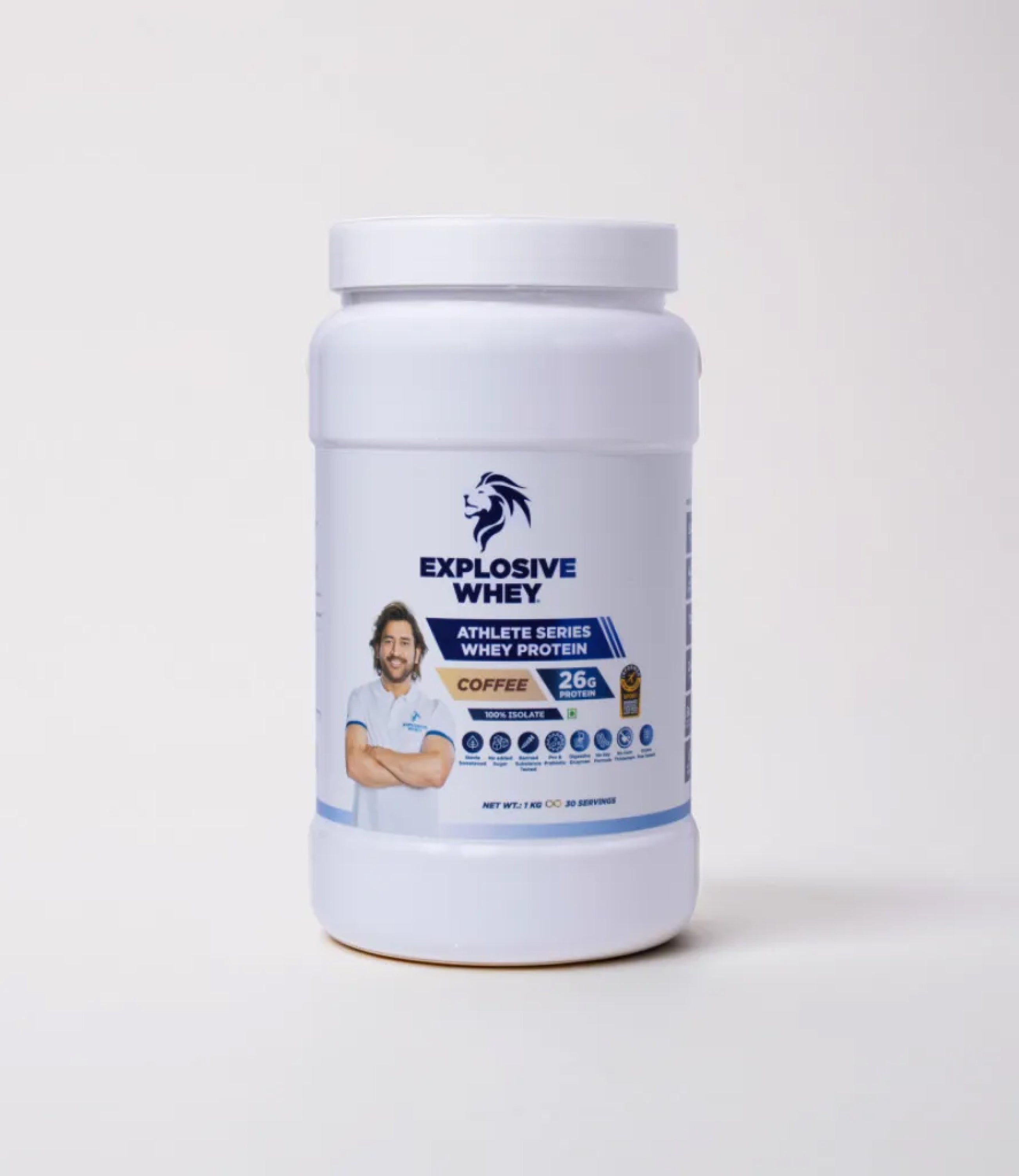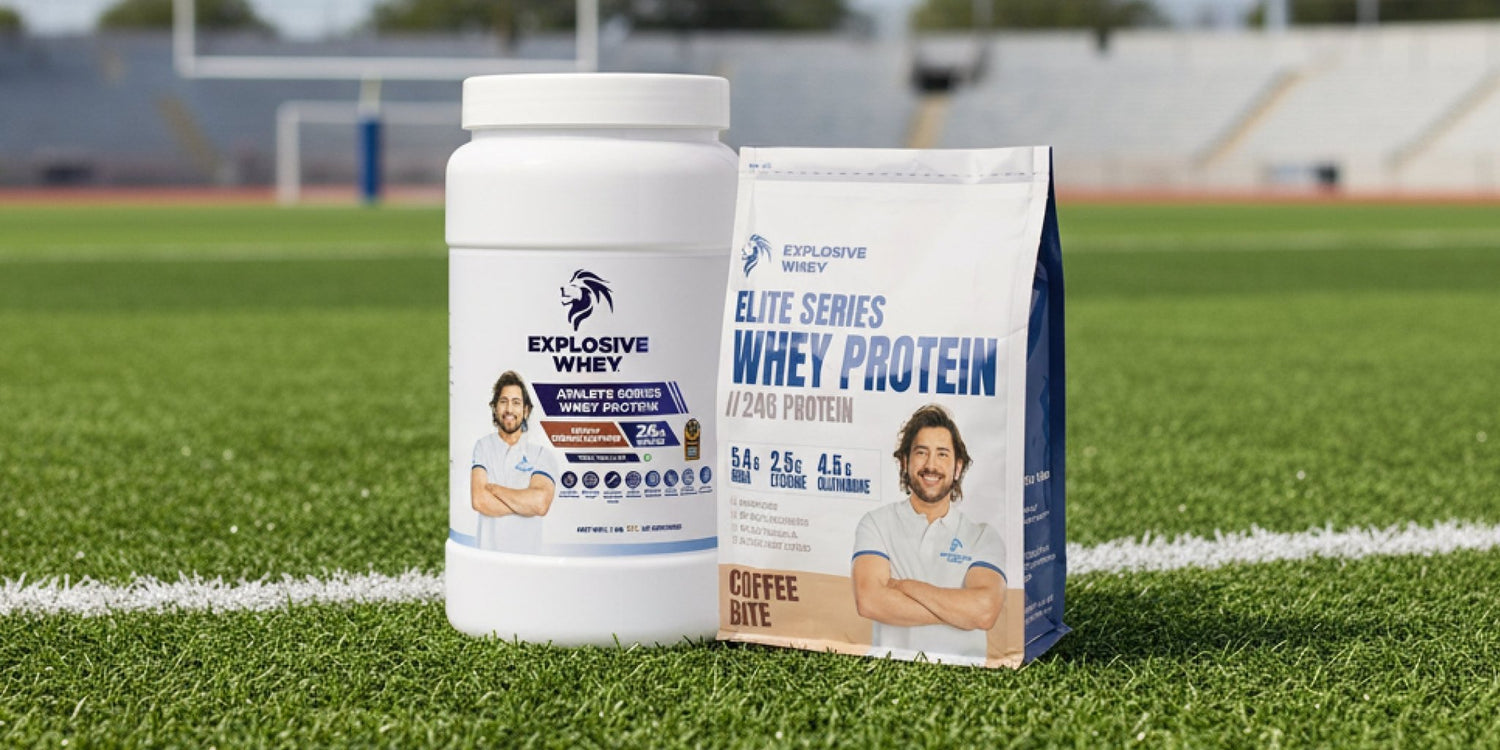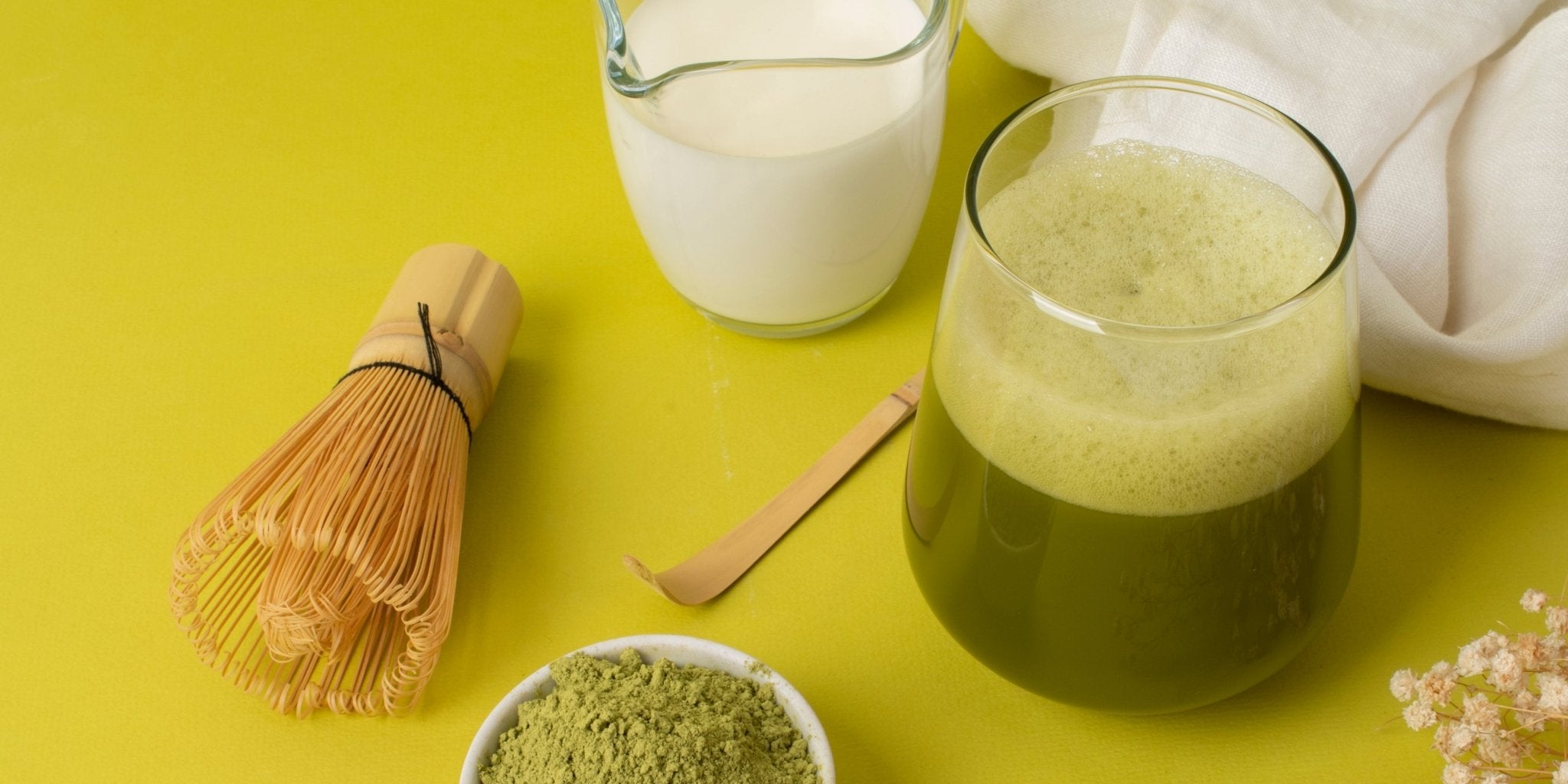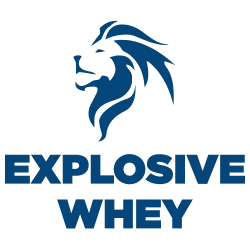When building strength, the first question many athletes ask is about the best protein for muscle gain. With so many options like whey concentrate, isolate, or even blended proteins, choosing the right one can feel overwhelming. Each type supports muscle growth differently, and the right choice depends on your fitness goals, diet, and recovery needs.
Best Protein for Muscle Gain: How to Make the Right Choice?
Protein is the foundation of muscle building, but not all protein supplements work in the same way. The best protein for muscle gain should provide enough amino acids, be easy to digest, and fit into your daily lifestyle. Understanding the differences between isolate, concentrate, and blends can help you fuel your progress more effectively.
How Protein Helps Build Muscle?
 Protein works like the raw material your body uses to repair and build stronger muscle fibers after training. Without enough protein, muscle recovery and growth can slow down, no matter how hard you work in the gym.
Protein works like the raw material your body uses to repair and build stronger muscle fibers after training. Without enough protein, muscle recovery and growth can slow down, no matter how hard you work in the gym.
The Powerful Growth Signal
When you consume protein, it triggers muscle protein synthesis, the key process for building lean mass. This signal ensures that training sessions translate into visible progress instead of just fatigue. Think of it as your body’s green light to start turning effort into real muscle.
Essential Amino Acid Roles
Proteins are made up of amino acids, especially essential ones like leucine, isoleucine, and valine. These act like building blocks, fueling new muscle tissue and keeping your recovery cycle active.
Effective Repair and Recovery
After a workout, your muscle fibers are slightly damaged and need repairing. Protein provides the fuel to patch these fibers, making them stronger, denser, and more resistant to future stress. It’s your body’s way of bouncing back fitter after every session.
Long-Term Muscle Preservation
Even outside the gym, enough protein helps protect your muscles from breakdown. This preservation ensures you keep your hard-earned gains during calorie deficits or periods of lower training. It acts like insurance for your muscles, keeping them safe when nutrition or training dips.
Which is the Best Protein for Muscle Gain?
Finding the top protein for muscle gain depends on digestion speed, purity, and your personal goals. The best choice is the one your body tolerates well, keeps you consistent, and supports your long-term results.
Whey Concentrate
Whey concentrate contains both protein and small amounts of carbs and fats. It’s affordable, tasty, and provides a complete amino acid profile, making it a solid choice for everyday users aiming to grow muscle steadily. A reliable option if you’re just starting out or want a budget-friendly protein.
Whey Isolate
Whey isolate is filtered further to contain higher protein and minimal carbs or lactose. This makes it faster-digesting, ideal for post-workout recovery, and suitable for those who are lactose-sensitive but still want high-quality protein. Perfect if you’re chasing lean gains without stomach discomfort.
Protein Blends
Protein blends combine different sources like whey isolate, concentrate, and casein. These deliver both fast and slow-digesting proteins, helping muscles get a steady supply of amino acids throughout the day for optimal growth. It’s like giving your body a time-release formula for recovery.
Plant-Based Options
Plant proteins from pea, soy, or brown rice are excellent alternatives for vegans. When blended correctly, they provide a complete amino acid profile, making them effective for supporting muscle gain while being dairy-free. Great for anyone wanting muscle growth while keeping things eco-friendly and vegan.
How Much Protein Do You Need for Muscle Growth?

Understanding how much protein for muscle gain you need is just as important as choosing the right type.
Your Daily Protein Target
Most studies suggest 1.6 to 2.2 grams of protein per kilogram of body weight daily. This range ensures your body has enough fuel for recovery and lean muscle growth without overwhelming your system. Hitting this range consistently is more important than being exact every single day.
Optimal Per Meal Dosing
Instead of eating all the protein at once, spreading intake across meals works better. Around 20–40 grams per meal is considered effective for stimulating muscle protein synthesis multiple times throughout the day. This way, your muscles get regular “mini boosts” of nutrition.
Adjusting Protein Intake
Your protein needs depend on factors like body weight, workout intensity, and goals. For example, heavy lifters or athletes may need the higher end of the range, while beginners can start lower and adjust gradually. Think of it as a flexible target that adapts as your training does.
When to Consume Protein for Effective Results?
 The timing of protein intake can make a difference in maximizing growth and recovery. Having it around workouts and spaced through the day ensures your muscles always have fuel to repair and grow stronger.
The timing of protein intake can make a difference in maximizing growth and recovery. Having it around workouts and spaced through the day ensures your muscles always have fuel to repair and grow stronger.
Pre-Workout Energy Fuel
Taking protein before workouts helps provide amino acids in advance, reducing muscle breakdown during exercise. Pairing it with carbs gives extra energy for better performance. It’s like priming your body with fuel before hitting the gym.
Post-Workout Repair
Post-workout protein is crucial as your muscles are most receptive to nutrients during this window. Whey isolate or hydrolyzed protein works best here due to faster digestion and absorption. This is the golden time when your body eagerly soaks up nutrients.
Balanced Daily Routine
Muscle growth happens over time, so consistent intake matters most. Spreading protein across meals, snacks, and shakes keeps your body supplied all day for better results. Consistency beats perfection — steady intake drives steady progress.
How to Pick the Right Protein Supplement?
Finding the best protein for muscle gain goes beyond flashy labels and marketing. It’s about quality, digestibility, and how well it fits into your lifestyle and goals. Paying attention to details ensures you get the most out of your supplement.
Read the Label Carefully
Look for protein content per serving, added sugars, and fillers. The best protein for muscle gain should prioritize high-quality protein without unnecessary additives. Labels tell the truth about what you’re really putting in your body.
Taste and Mixability
Flavor and mixability affect consistency in use. A powder that blends smoothly and tastes good ensures you’ll stick to your protein routine daily without forcing it. If you enjoy the taste, it becomes a habit instead of a chore.
Nutritional Complements
Some proteins include digestive enzymes, probiotics, or added BCAAs. These extras improve absorption, gut comfort, and muscle recovery, making the product more efficient overall. These little add-ons can make a big difference in how your body feels.
Protein Quality and Source
Always consider where the protein is sourced from and whether it matches your diet. Grass-fed whey or vegan organic blends may offer higher nutritional value and better health benefits. Choosing clean sources means you’re fueling your body with confidence.
Choosing the best protein for muscle gain comes down to your body’s needs and fitness goals. Whey concentrate is budget-friendly and reliable, isolate is clean and fast-acting, and blends offer versatility for all-day fueling. Plant-based proteins ensure inclusivity for vegan diets. Pair the right type with the right amount, spread it across meals, and time it around workouts for the best muscle growth results.
Muscle Building Diet Plan PDF > Download Now
FAQ
How much protein do you need to build muscle?
Generally, 1.6–2.2 grams of protein per kilogram of body weight per day supports muscle growth effectively.
What is the best protein for muscle gain?
Whey isolate, concentrate, and blends are all excellent, but the best choice depends on digestion, goals, and personal preference.
Is whey protein best for muscle gain?
Yes, whey protein is considered one of the top proteins for muscle gain due to its complete amino acid profile and fast absorption.
What is the difference between whey isolate and concentrate?
Whey isolate has higher protein content with less lactose and fat, while concentrate is more affordable and slightly higher in carbs and fats.










Leave a comment
This site is protected by hCaptcha and the hCaptcha Privacy Policy and Terms of Service apply.